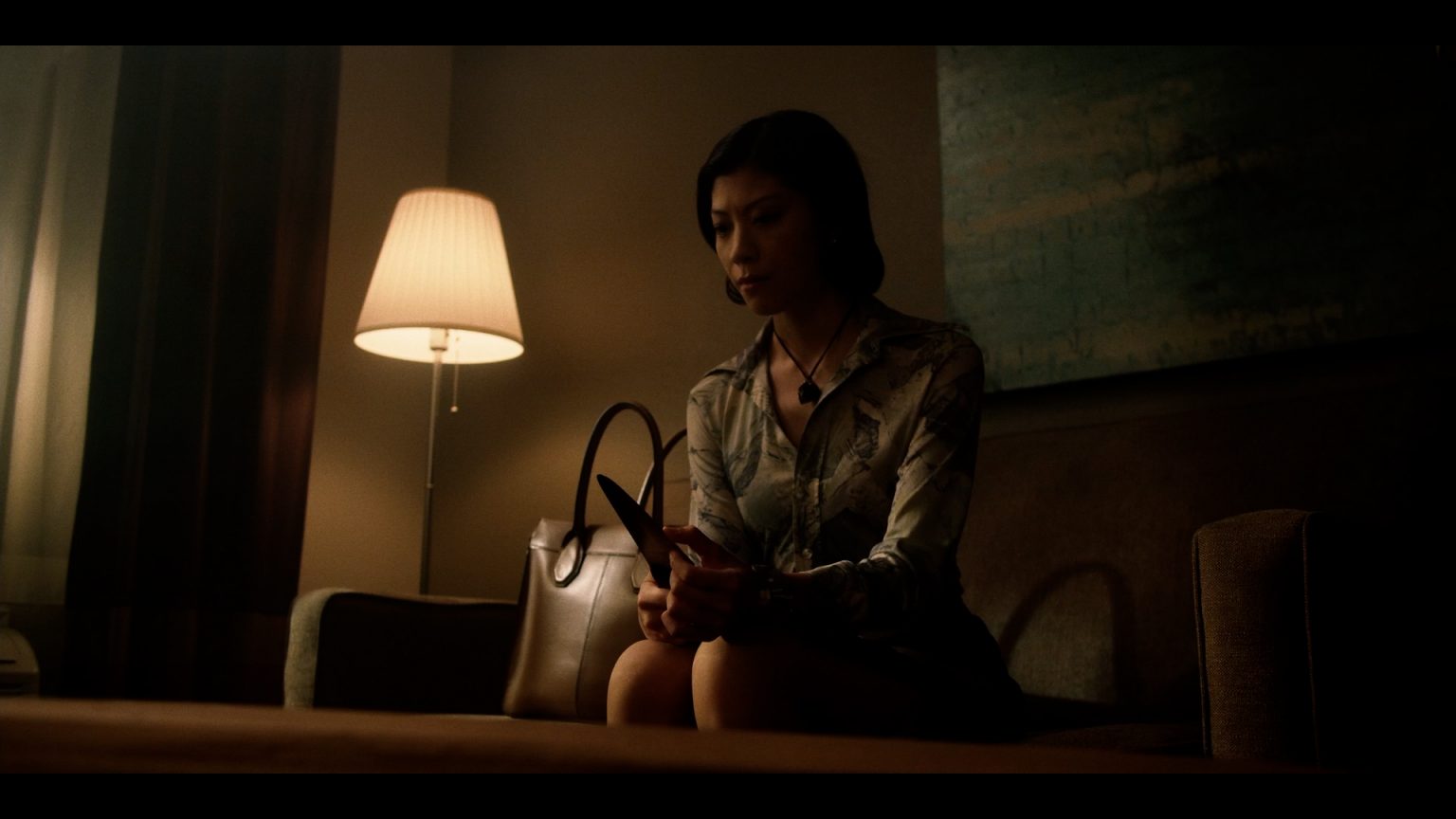The worst part about Silent River is how much potential it has. As an artistic piece by writer/director Chris Chan Lee, it’s quite beautiful. A story about love and loss and teetering on the brink of insanity, it’s set in the barren southwestern desert where desolation is commonplace and the world feels timeless.
Elliot, played by a sometimes manic West Liang, is trying to reconcile with his estranged wife Julie. On the way to her, he comes across a woman who is seemingly her doppelganger, Greta, played by the very charming Amy Tsang. Atmospheric and poetic, Greta and Elliot strike up a rapport, though her uncanny appearance has Elliot on edge and soon he discovers her secret in the shape of a man named Patrick (Max Faugno). Divulging more would spoil the film, but suffice it to say that Patrick is not really Patrick, but he also kind of is in some ways.

The problems arise as the film progresses. One glaring issue is that the film simply slogs on and on. Coming in at just over two hours, it takes far too long to get to the Greta and Patrick of it all, which is when the plot actually starts to pick up. The relationship between these three characters is actually interesting, but it’s mired in a plot that is rather uninteresting. The magical realism of the film is so enticing, but the pacing kills. By the time it starts making the points it’s been building up to, I have fully lost interest.
The positives come in the form of Lee’s creativity when it comes to how far this pushes into the supernatural. Although it’s presented as science fiction, it’s really those aspects of urban legend that intrigue. Combining that with Nobert Shieh’s eye as DOP and Lee’s vision creates a stunning palette. But Silent River feels like a piece of art, not an artistic piece of film, and that is not a good thing. Bizarre and aimless, Silent River overstays its welcome before it can get to its point.
This film review is based on a screening from the Los Angeles Asian Pacific Film Festival. Photo Courtesy of Visual Communications.